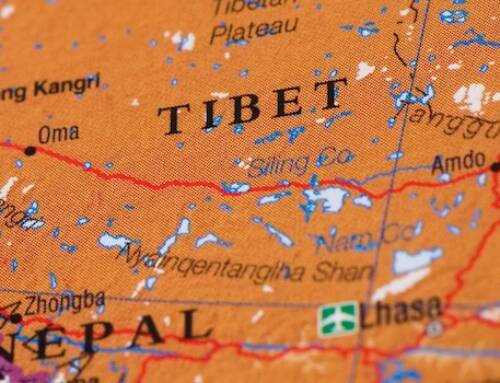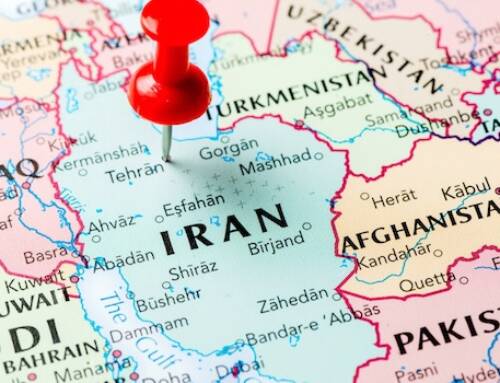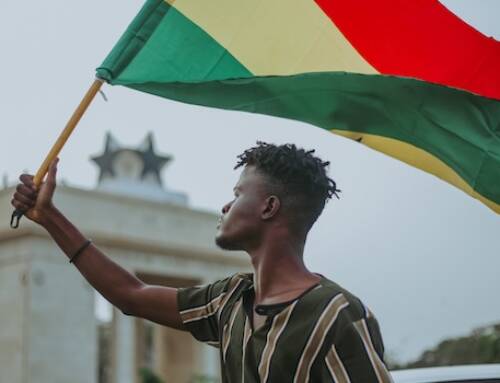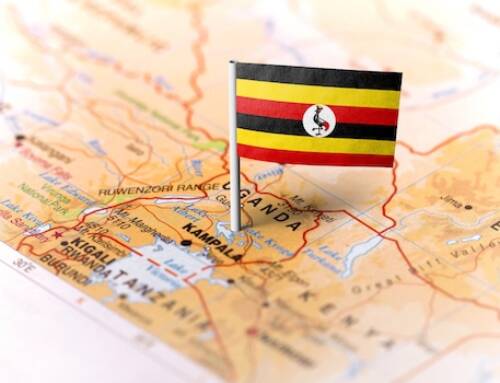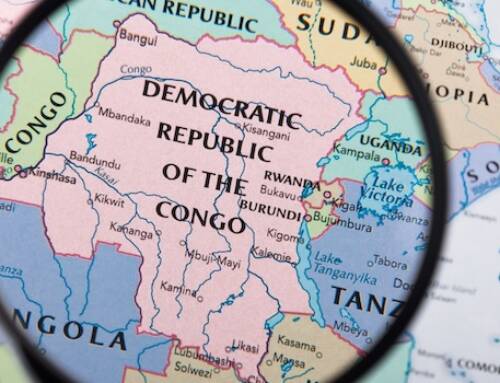NORTH & SOUTH AMERICA

Cuba: Criminals released, civil rights activists detained
ISHR demands release of detained human rights defender and journalist Roberto de Jesús Quiñones
Frankfurt am Main / Havana, June 23, 2020 – The Cuban government said it released more than 10,000 people from prisons during the coronavirus pandemic. The International Society for Human Rights (ISHR) criticizes that political prisoners are still in detention. The Frankfurt-based human rights organization calls on the regime to release political prisoners as soon as possible to protect them from being infected with Covid-19.
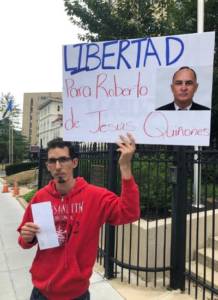
Protest campaign outside the Cuban embassy in Washington © Cubacenter
The ISHR is particularly concerned about the journalist and human rights defender Roberto de Jesús Quiñones, who was sentenced to one year in August 2019 for defending human rights in Cuba in his articles. Due to the lack of care in detention, he has severe health problems that make him more susceptible to infection with the virus. This is also pointed out by his family, who recently submitted a parole application for him.
The International Red Cross has not had access to Cuban prisons for more than 20 years. However, the ISHR knows from reports from former political prisoners that the detention centers are overcrowded, so that none of the inmates can keep enough distance from fellow inmates to protect themselves from infection. In addition, the supply of food and medical care are poor.
“It is a farce and pure calculation of the Cuban government to release thousands of criminals, but continue to expose civil rights activists in the cells to the risk of corona virus infection. Roberto Quiñones is not guilty of any crime and has already served more than half of his sentence, so the ISHR is demanding his immediate release”, said Martin Lessenthin, speaker of the board of the ISHR.
Independent journalism is prevented
According to official figures, over 1,000 people have been detained on the Caribbean island for crimes related to the pandemic. Opponents of government and democracy activists in particular are increasingly in focus and must fear punishments. “The Cuban regime is not concerned about the well-being of its citizens, but only with the maintenance of power and foreign currency. Decree-law 370 is now being used to prevent critical reporting on the government’s response to the crisis and independent journalism in general”, stresses the ISHR. Decree-law 370, which regulates Internet use in Cuba and thus government control over the online activities of its citizens, entered into force on July 4, 2019 and provides the legal basis for arbitrarily punishing critical reporting.
Due to censorship sugar coated impression of the situation
At least twelve journalists critical of the regime have so far been fined 3,000 pesos for their online activities. Journalist Roberto Quiñones was even sentenced to one year in prison for reporting on the trial of an evangelical pastor. Cuban human rights defenders and journalists have launched a petition against this decree-law, which is supported by the ISHR.
“Freedom of opinion and freedom of press are essential, but there has been extensive state censorship in Cuba for decades. This is particularly devastating during a pandemic because the Cubans themselves and the international community are only given a sugar coated impression of the situation,” said the ISHR.
Roberto Quiñones – from lawyer to journalist
When Roberto de Jesús Quiñones was still an independent lawyer, he was illegally sentenced to five years in 1998. At that time he campaigned for the human rights of Cuban citizens and was arbitrarily arrested on this basis. After his release, the Cuban state persecuted him and he was banned from working. That’s why Quinones started to work as an independent journalist for the people of Cuba. For example, he wrote for the CubaNet news website. On April 22, 2019, he reported on the trial of a Christian couple sentenced to prison for teaching their children from home. When he was on trial, the police beat and tied him to the guard. When he was released five days later, the authorities charged him again. On August 7, 2019, the journalist was sentenced to one year in prison for “resistance” and “disobedience” by the Guantánamo City Court during his arrest in April. Because he refused to pay the penalty, he was sent to prison.

